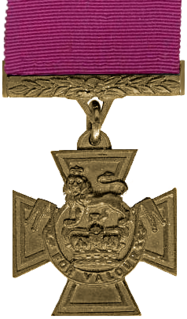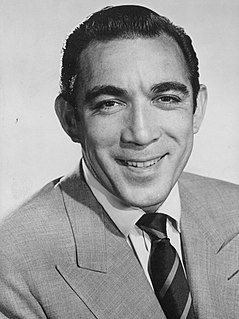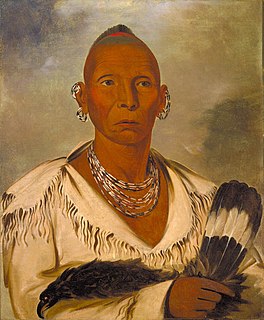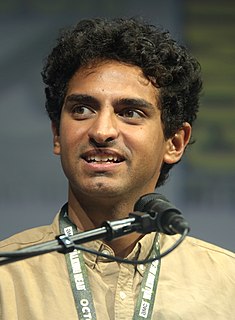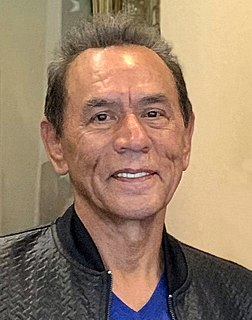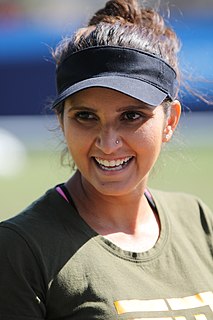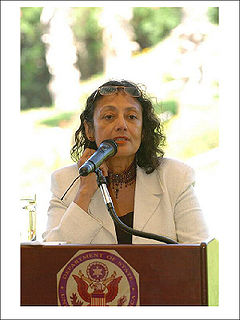A Quote by James Welch
I used to object to being called an Indian writer, and would always say I was a writer who happened to be an Indian, and who happened to write about Indians.
Related Quotes
We need to give out portrayal of ourselves. Every non-Indian writer writes about 1860 to 1890 pretty much, and there is no non-Indian writer that can write movies about contemporary Indians. Only Indians can. Indians are usually romanticized. Non-Indians are totally irrepsonsible with the appropriation of Indians, because any time tou have an Indian in a movie, it's political. They're not used as people, they're used as points.
The white men despise the Indians, and drive them from their homes. But the Indians are not deceitful. The white men speak bad of the Indian, and look at him spitefully. But the Indian does not tell lies; Indians do not steal. An Indian, who is as bad as the white men, could not live in our nation; he would be put to death, and eat up by the wolves.
Here I come to one of the memoir writer's difficulties -- one of the reasons why, though I read so many, so many are failures. They leave out the person to whom things happened. The reason is that it is so difficult to describe any human being. So they say: 'This is what happened'; but they do not say what the person was like to whom it happened. And the events mean very little unless we know first to whom they happened.
We, as Indian tribes, should be able to prosecute non-Indians on tribal lands. But on Indian land, we have no ability to prosecute anyone but another Indian. American Indians having status as a foreign nation is good for us, but it's not good in some ways if we don't have the jurisdictional power that the federal government claims.
Before AIM, Indians were dispirited, defeated, and culturally dissolving. People were ashamed to be Indian. You didn't see the young people wearing braids or chokers or ribbon shirts in those days. Hell, I didn't wear 'em. People didn't Sun Dance, they didn't Sweat, they were losing their languages. Then there was that spark at Alcatraz, and we took off. Man, we took a ride across this country. We put Indians and Indian rights smack dab in the middle of the public consciousness for the first time since the so-called Indian wars.
I say "on principle" [regarding 'lesbian writer'] because whenever you get one of your minority labels applied, like "Irish Writer," "Canadian Writer," "Woman Writer," "Lesbian Writer" - any of those categories - you always slightly wince because you're afraid that people will think that means you're only going to write about Canada or Ireland, you know.
William Maxwell's my favorite North American writer, I think. And an Irish writer who used to write for 'The New Yorker' called Maeve Brennan, and Mary Lavin, another Irish writer. There were a lot of writers that I found in 'The New Yorker' in the Fifties who wrote about the same type of material I did - about emotions and places.
